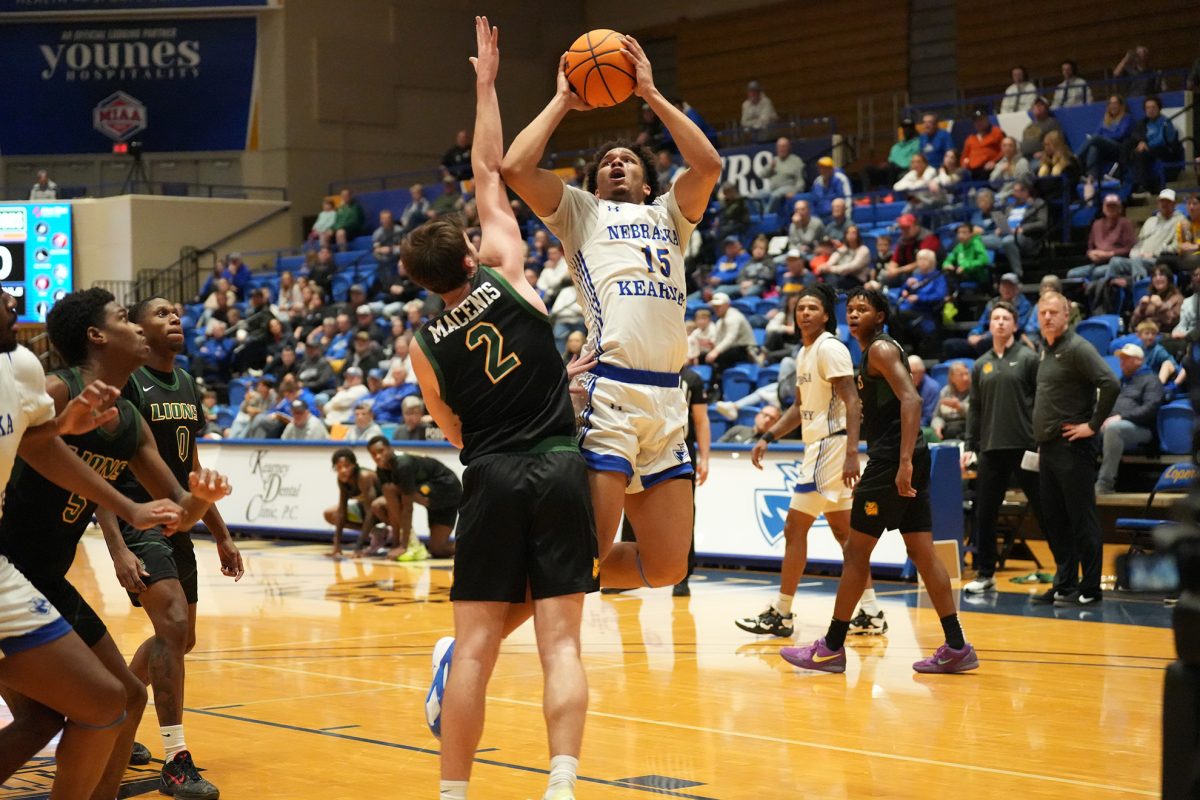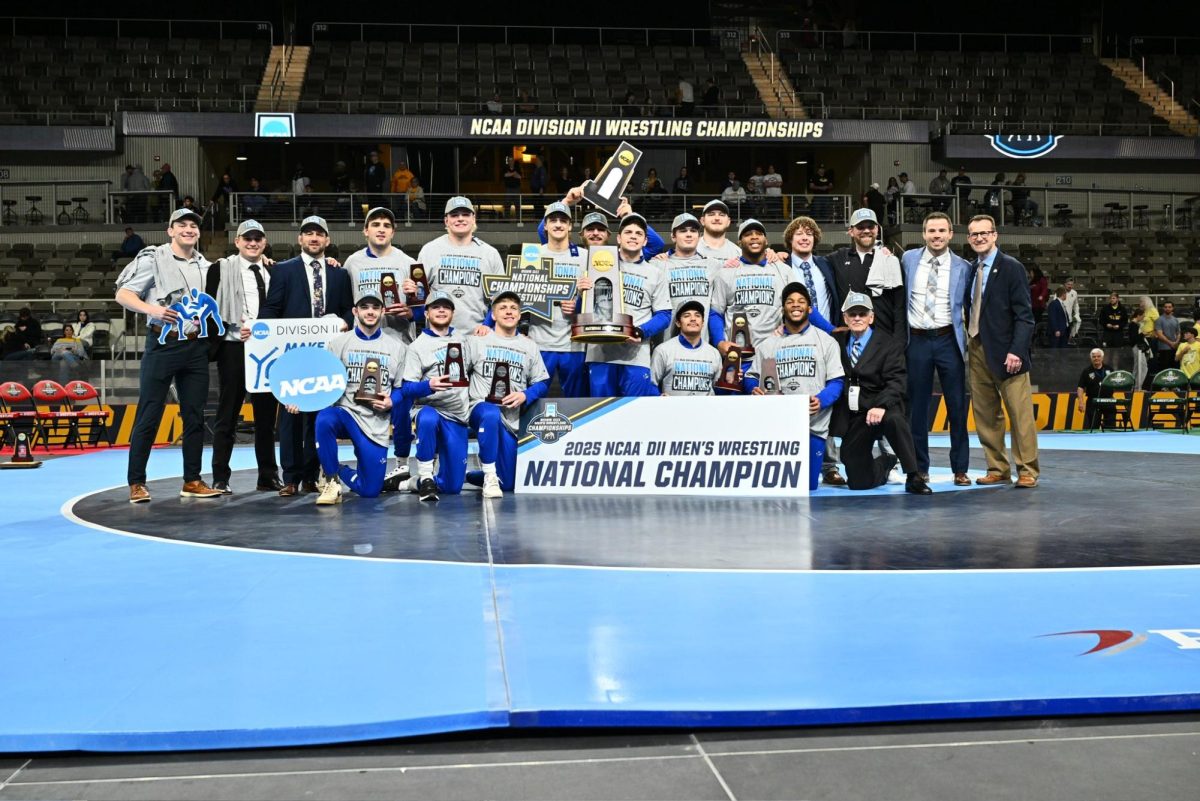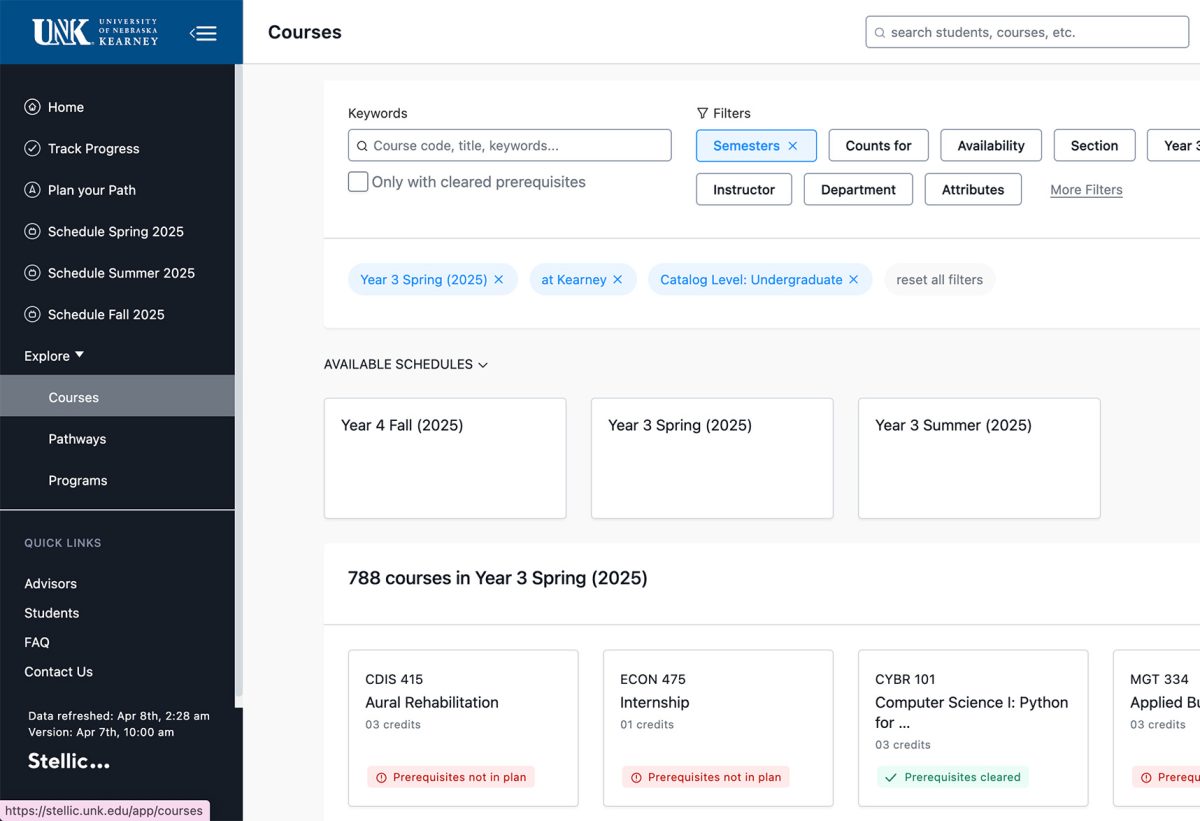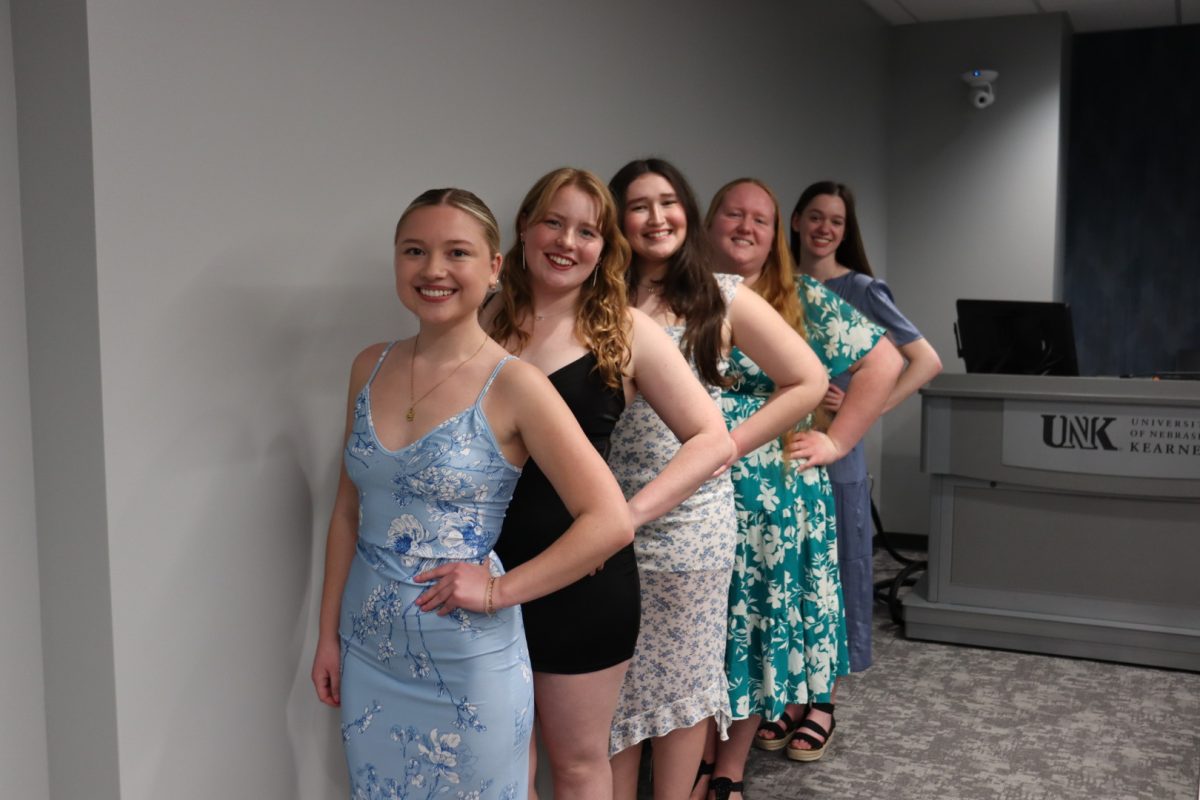liermanm2@lopers.unk.edu
UNK administration loosened a dress code restriction that limited graduation commencement attire to academic regalia last month. The change in policy follows a student government resolution calling for the change and a forum on inclusion and respect directed by senior vice chancellor for student and academic affairs Charles Bicak.
The policy change will allow students from diverse cultural backgrounds to celebrate their heritage at graduation, while also providing a path forward for student organizations whose students want to represent their involvement on commencement day.
“Graduating from university is one of the greatest achievements somebody can attain, and we want everybody to feel included and be able to show that in their own way,” said Todd Gottula, senior director of communications. “Diversity and inclusion are central to everything we do. And this new policy is more inclusive in how achievements are shared and then celebrated.”
The new policy will allow students to submit stole and cord designs for approval by April 16 for the upcoming commencement this May in an expedited process for this year. Going forward, students will have to submit designs 90 days prior to commencement to receive full consideration. Students being honored for academic achievement through Latin awards and honor society awards will still be recognized at commencement for their achievement.
Earlier in March the student senate voted unanimously in favor of a resolution calling for the former policy to change. Student advocates for the policy change Adrian Gomez Ramos and Adrian Almeida Hernandez organized a petition campaign that delivered nearly 250 signatures to the administration calling for them to revise the policy.
Gomez Ramos, a senior currently serving in the outgoing student government’s cabinet, spoke at the forum for respect and inclusion, pushing the envelope on the policy as the conversation was taking place.
“We have set out this Equity Access Diversity Committee, we released so many diversity and inclusion statements — but what has changed?” Gomez Ramos said. “Aside from a syllabus changing to include a little section, what has changed? This is a very low hanging fruit that the university administrators can grab as a step in the right direction, and [the change is] promoting that sort of diversity and inclusion that we want as students and what they say that they want by forming these sort of committees.”
The new policy follows a promise from Bicak in his concluding remarks at the forum for respect and inclusion that students would see change to make campus more inclusive within a month’s time.
“I think it’s time to reinvigorate those kinds of activities and conversations about the remarkable diversity in racial, ethnic, and gender identity across our campus,” Bicak said at the forum.”
Gomez Ramos said those conversations shouldn’t stop with the graduation dress policy.
“We don’t want just a black speaker coming for Black History Month, and then we’ll forget about it and the next month September we’ll do the same thing for Hispanic heritage,” Gomez Ramos said. “It has to be more than just that. Our leadership needs to reflect the sorts of people that we want to see.”
Another forum for inclusion and respect is set to be held on Sunday April 11 at 4 p.m. to reflect on changes and continue the conversation.































